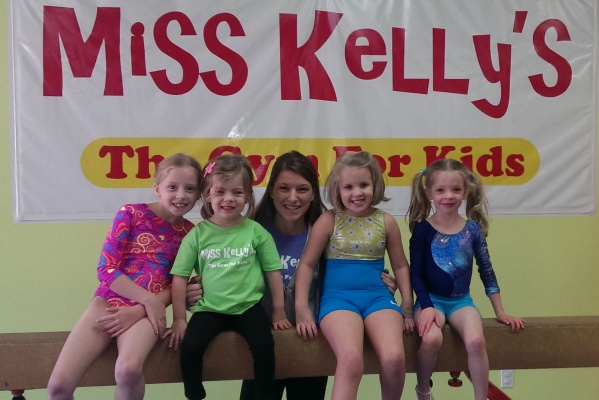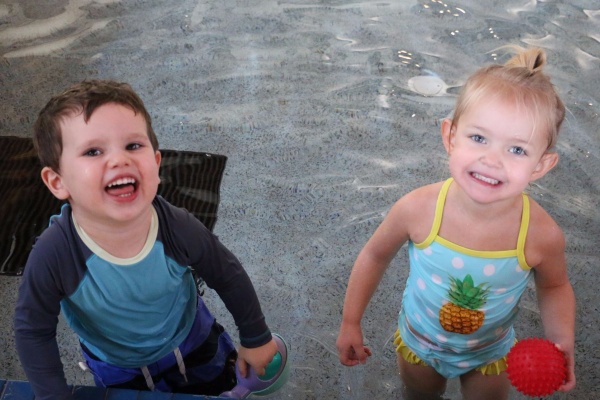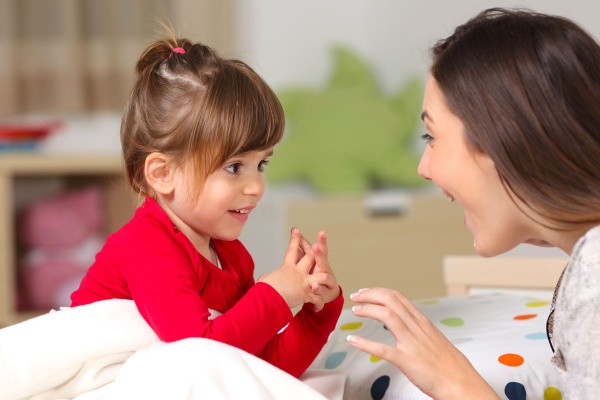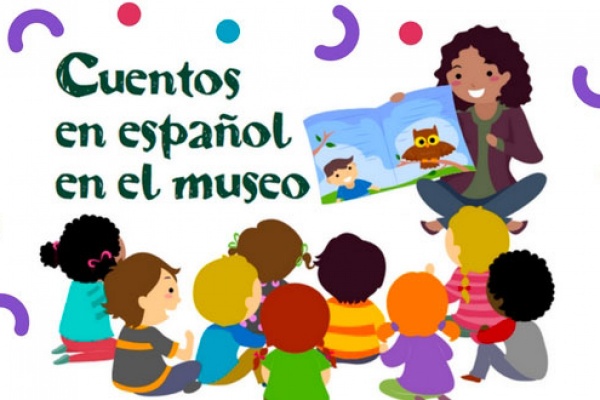
How Much Sleep Do Preschoolers Need -- and Are They Getting It?
Last week there was a major conference of sleep researchers in San Antonio, Texas. Usually reading through scientific abstracts like the ones 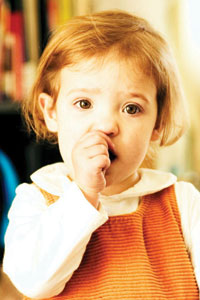 presented there is a sure-fire way of inducing drowsiness, but I found several that actually made me sit up and pay attention.
presented there is a sure-fire way of inducing drowsiness, but I found several that actually made me sit up and pay attention.
The most interesting one looked at around 8,000 preschoolers to find out whether their bedtimes and how much total sleep they got had any effect on their overall development. My youngest son just turned 4 today, so I was curious—and I was surprised by what I learned.
The results may surprise you, too. But first, a pop quiz on how well you know your bedtime facts.
Question 1: What is the minimum number of hours a 4-year-old should sleep each night:
- 9 hours
- 10 hours
- 11 hours
- 12 hours
Question 2: An ideal bedtime for preschoolers falls between:
- 7 and 8 p.m.
- 8 and 9 p.m
- 9 and 10 p.m.
- 10 and 11 p.m.
Question 3: It’s doesn’t matter whether kids get ready for bed the same way every night, as long as their heads hit the pillow on time.
- True
- False
Question 4: Most preschoolers get the recommended amount of sleep each night.
- True
- False
The answers:
Question 1: c – Preschoolers should get a minimum of 11 hours of sleep a night. Less than this and their literacy and math skills may lag.
Question 2: a or b – After 9 p.m., children take longer to fall asleep and are likely to have a shorter total sleep time. In this study, children with earlier bedtimes tended to have higher developmental scores.
Question 3: True – Having a consistent bedtime was linked across the board to more positive developmental outcomes. However, this is a bit of a trick question because having a steady routine leading up to lights outthe easiest way to ensure kids get to bed at the same time each night. Parents who set strict rules about bedtime are doing their children a favor in terms of their future reading and math scores.
Question 4: False – Most preschoolers do not get the recommended amount of sleep each night.
Among the other interesting findings at the Meeting of the Associated Professional Sleep Societies LLC: that sleep can make you better at video games and that it may be important for restoring color vision. There was also one study that didn’t surprise me at all: It found that Americans tend to be more drowsy during the day than Europeans, and women report more “severe sleepiness” than men.
By Amy De La Hunt, Health Blogger for SmartParenting

Amy De La Hunt is a journalist and editor who lives in the St. Louis metro area and works across the country as a writer, copy editor, project manager and editorial consultant on everything from fiction books to monthly magazines to blog posts. When she's not chauffeuring her teenage sons to activities, Amy is an enthusiastic amateur cook, landscaper, Latin dancer and traveler. Follow Amy on Instagram @amy_in_words








